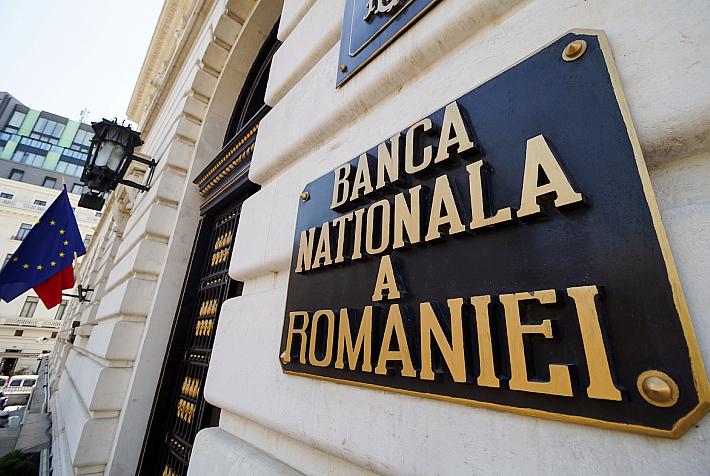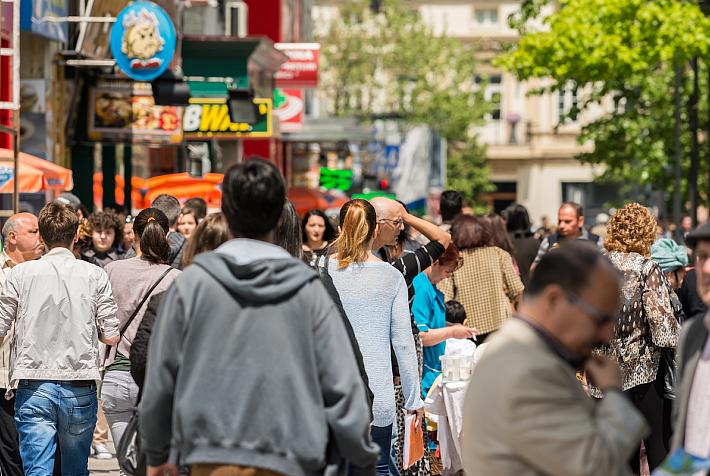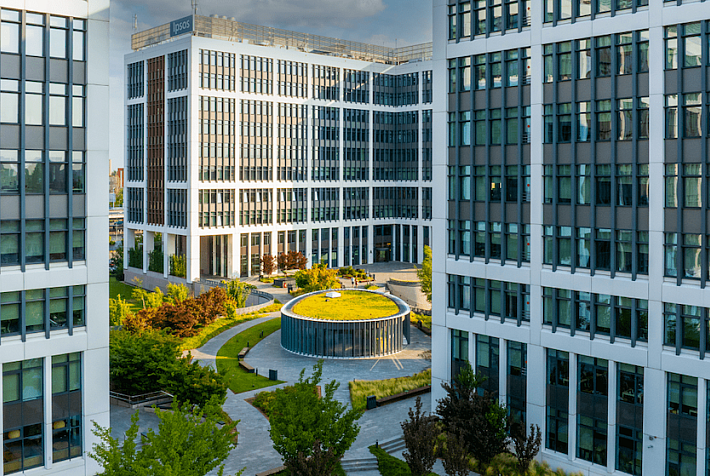Study: Only half of companies in Romania donate to NGOs

Social and environmental criteria are important for over 70% of companies active on the local market. However, despite this high percentage, a recent study conducted by EY Romania and ViitorPlus Association reveals that only 54% of respondent companies have directed funds to the NGO sector under the sponsorship law in 2014.
Based on income, most of the companies that donate to NGOs under the sponsorship law have revenues of over EUR 100 million (over 75%). On the other hand, less than half of those with revenues under EUR 15 million use this fiscal facility.
The professional service sector was the most active donor to NGOs, with 100% of companies in this segment having directed funds to NGOs last year under the sponsorship law are active in. Oil and gas came next, with 88% of companies in the sector having donated, while IT, software and the Internet was third: 80% of such companies donated to NGOs in 2014.
Companies mainly directed funds to education (26%), health (22%), social protection (21%), sports (18%), art (8%) and environment (6%).
Only 45% of the respondents to the survey said they’ve used the option to buy products from protected units, instead of paying the disability fund to the state. Companies active in the pharmaceutical sector, transport and professional services have used this facility the least.
Almost half of those who avoided using this fiscal facility say they don’t purchase products and services from protected units because they are not of interest to the company’s activity. Some 12% of companies say they don’t have enough information about the quality and credibility of these products and services while 18% don’t know the law.
On the other hand, 52% of respondent companies that choose to work with protected units do so because of the tax incentives that reduce their costs while 32% because they support the disabled people employed by these units.
More than a third of companies purchase office supplies and stationery products from socially protected units, 12% buy products and services for the IT sector and 9% purchase promotional products, namely textiles.
There are 706 approved protected units in Romania. Most of them are located in Bucharest (150), followed by Cluj (47), Brasov (34), Timis (29) and Prahova (24).
Irina Popescu, irina.popescu@romania-insider.com












